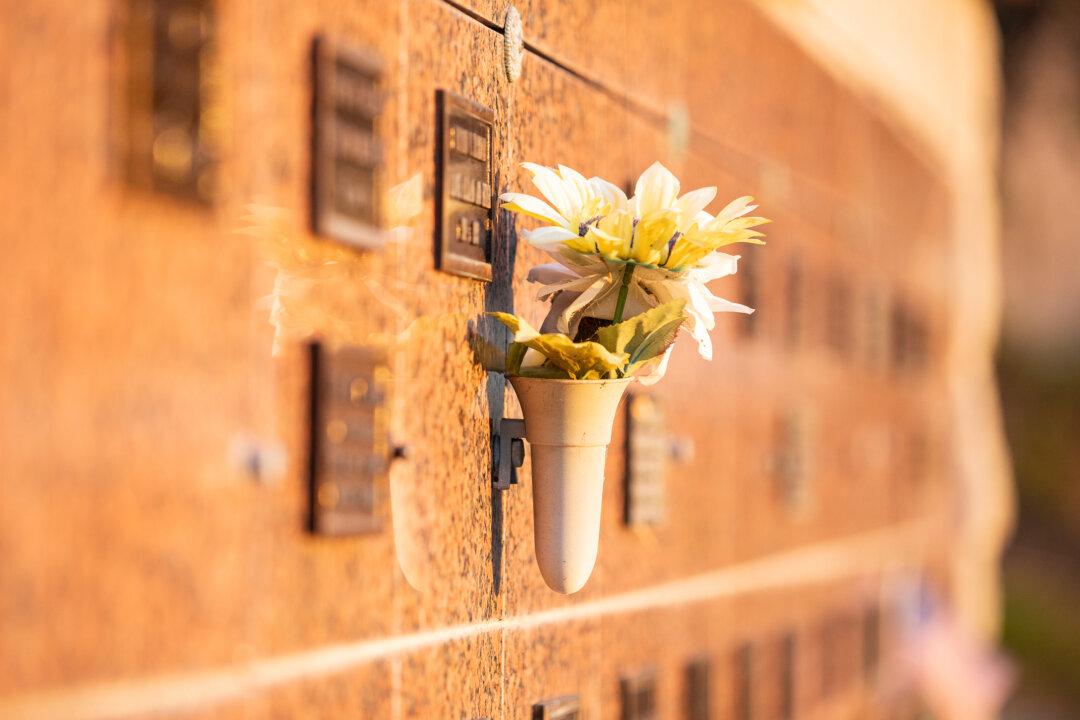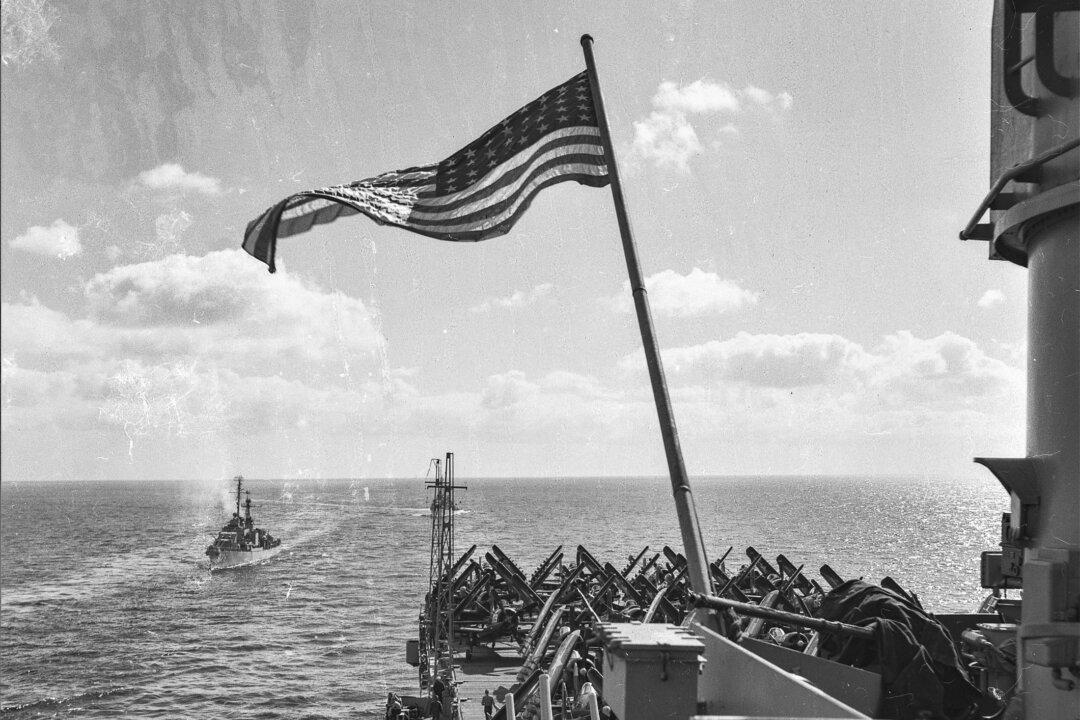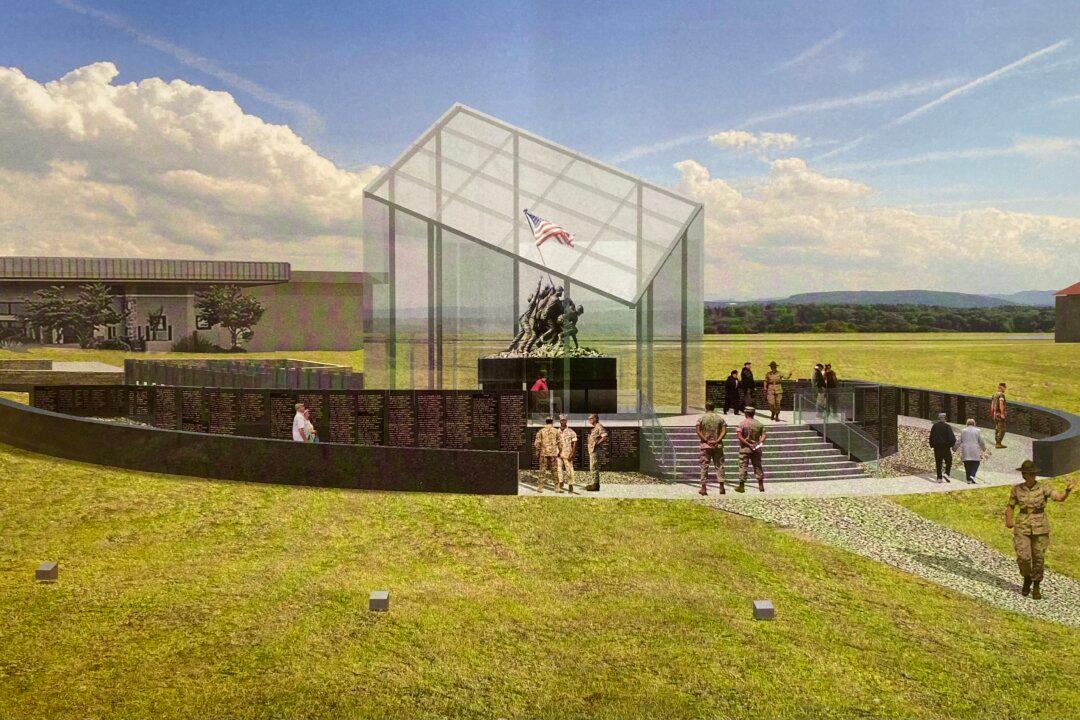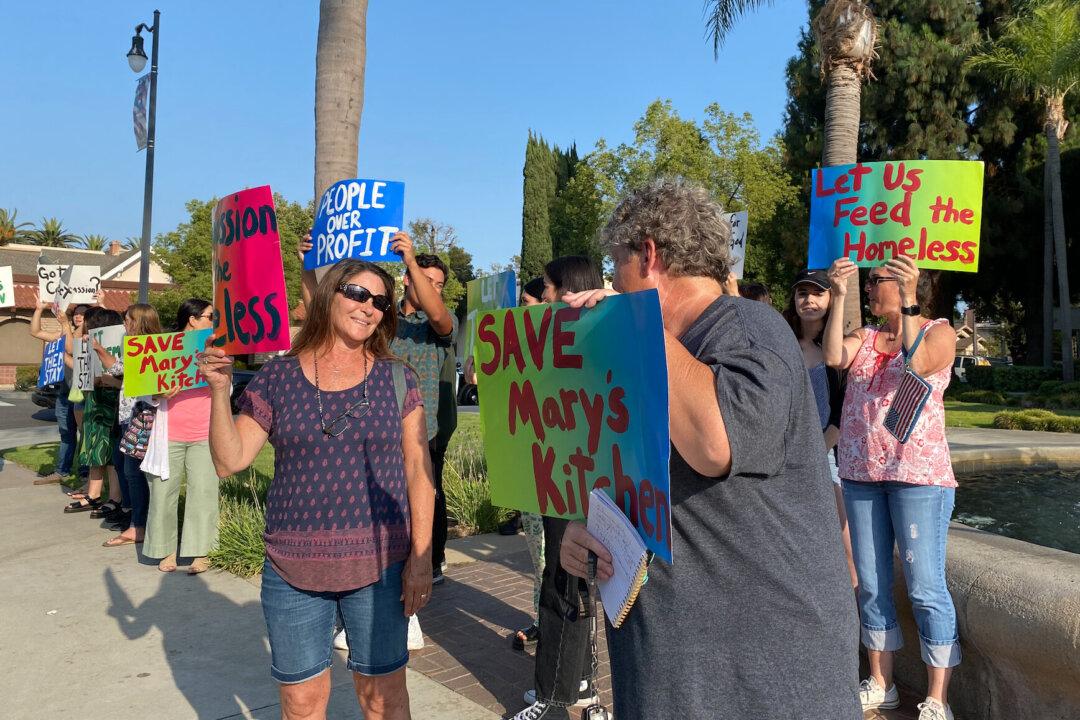ORANGE, Calif.—Funeral homes across Orange County, California, are beginning to buckle under the mounting pressures of accommodating the increasing number of the recently deceased.
“This pandemic has created this influx of death numbers I’ve never seen before—ever,” Kimberly Worl, president of the Orange County Funeral Directors Association, told The Epoch Times.





